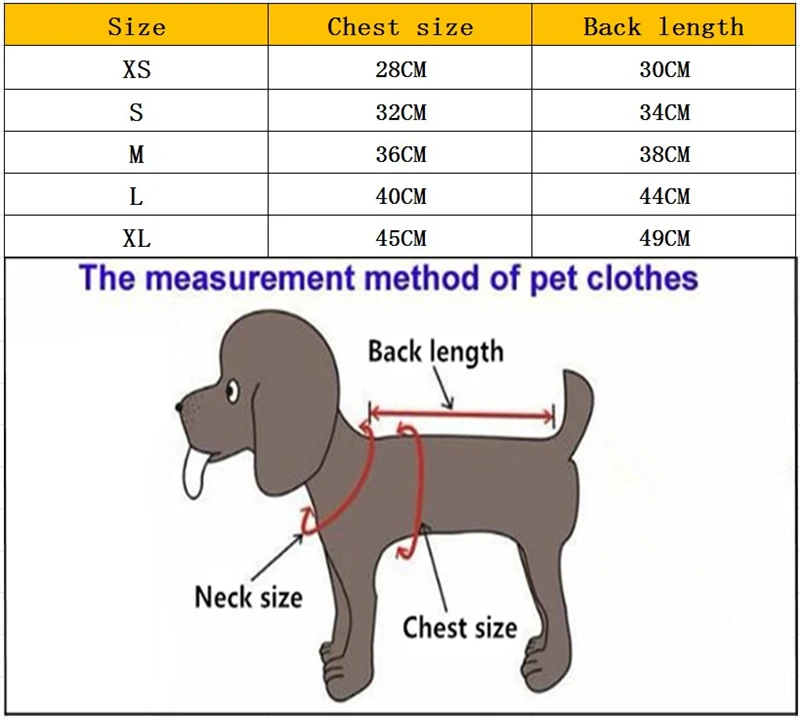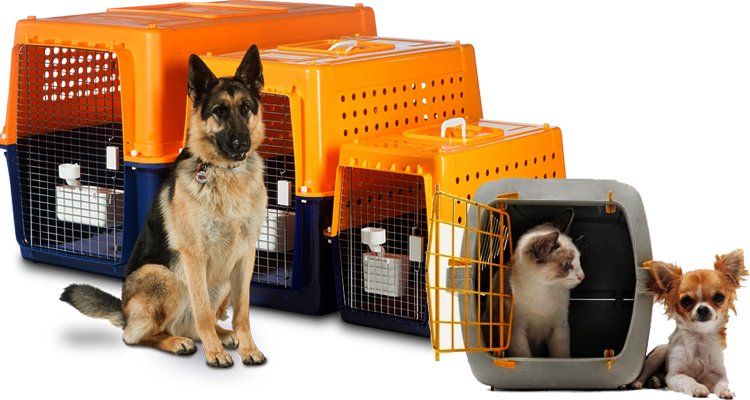Unlocking the Secrets of Pet Stage: A Comprehensive Guide to Optimal Pet Development
#### Description:In the world of pet care, understanding the various pet stage phases is crucial for ensuring the well-being and happiness of your furry fri……
#### Description:
In the world of pet care, understanding the various pet stage phases is crucial for ensuring the well-being and happiness of your furry friends. Whether you are a first-time pet owner or a seasoned enthusiast, recognizing these stages can greatly influence your pet's health, behavior, and overall quality of life. This guide delves into the intricacies of pet stage development, offering insights that will help you nurture your companion from their early days to their golden years.
The journey begins with the pet stage of infancy. During this critical period, pets are highly impressionable and rely heavily on their caregivers for socialization and basic training. For puppies and kittens, this stage typically spans from birth to about eight weeks. It is essential to expose them to various stimuli—sounds, sights, and smells—during this time to foster a well-adjusted adult pet. Engaging in gentle play and introducing them to different environments can help build their confidence and adaptability.

As your pet transitions into the juvenile pet stage, which usually occurs between eight weeks and six months, their personalities begin to emerge. This is a time of exploration and learning. It's important to continue socialization efforts, as well as to start implementing basic commands and house training. Consistency and positive reinforcement are key during this stage. Remember, this is also a time when pets may test boundaries, so patience and understanding are vital.
Reaching the adolescent pet stage (around six months to two years) presents its own set of challenges and rewards. Pets may exhibit more independence and, at times, rebellious behavior. This is the perfect opportunity to reinforce training and establish a strong bond through structured activities. Regular exercise and mental stimulation are essential to keep your pet engaged and prevent behavioral issues. Consider enrolling them in obedience classes or engaging in interactive play to channel their energy positively.

As your pet matures into adulthood (typically from two to six years), they will settle into their personality and behavior patterns. This pet stage is often marked by a decrease in hyperactivity and an increase in loyalty and companionship. It's important to maintain a routine that includes regular veterinary check-ups, a balanced diet, and ample exercise to ensure their health and longevity. Adult pets thrive on stability, so keeping their environment consistent will help them feel secure.
Finally, as pets enter their senior pet stage (around seven years and older, depending on the breed), their needs will change significantly. This stage requires a keen eye for signs of aging, such as decreased activity, changes in appetite, or behavioral shifts. Senior pets may benefit from specialized diets, joint supplements, and more frequent vet visits. Providing them with a comfortable living space and gentle exercise will enhance their quality of life during these years.

In conclusion, understanding the different pet stage phases is essential for any pet owner who wants to provide the best care for their animal companions. Each stage comes with unique challenges and rewards, and being informed will empower you to make the right decisions for your pet's health and happiness. By nurturing your pet through each developmental phase, you can ensure a fulfilling and enriching life for both you and your furry friend. Embrace the journey, and watch as your pet flourishes through every pet stage!